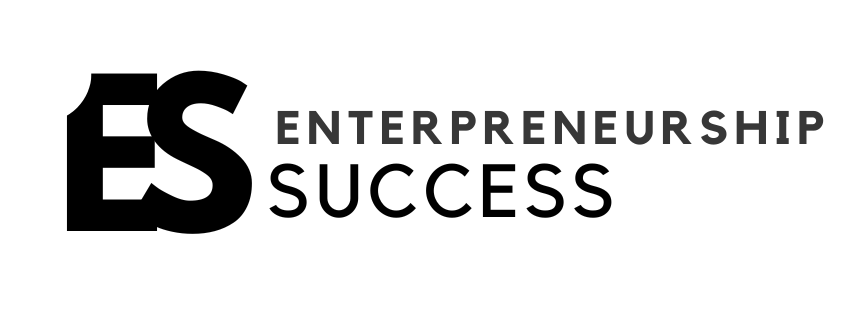President Paul Kagame of Rwanda has consistently emphasized the importance of good governance and self-reliance for African nations. He advocates for Africans to work diligently towards economic independence to prevent external interference and control. At the 18th National Dialogue Conference (Umushyikirano) in 2023, Kagame stated that over-reliance on foreign assistance can lead to a loss of self-esteem and cultural identity, urging Africans to recognize their potential and work hard to develop their economies.
He also highlighted the need for African countries to actively participate in their development processes. In a 2016 discussion, he mentioned Rwanda’s approach to aid, emphasizing the country’s desire to have a say in how aid money is utilized, reflecting a commitment to self-reliance and long-term planning.
In line with promoting self-sufficiency, Kagame launched the Agaciro Development Fund in 2012. This solidarity fund aims to provide development finance sourced within Rwanda, supplementing foreign aid and focusing on projects that align with the country’s Vision 2020 program.
While Kagame’s leadership has been praised for fostering economic growth and stability, it has also faced criticism for authoritarian practices and human rights concerns. Critics argue that the successes of his governance have come at the expense of political freedoms and civil liberties.
In summary, President Kagame’s perspective on African good governance and self-reliance centers on the belief that Africans must take charge of their development, reduce dependency on foreign aid, and implement effective governance practices to achieve sustainable progress.
Also, Dr. Ngozi Okonjo-Iweala, the Director-General of the World Trade Organization (WTO), has been a vocal advocate for Africa’s development, emphasizing the continent’s potential and the strategic actions required to harness it. Her insights encompass several key areas:
Economic Growth and Trade Integration
In her 2016 TED Talk, Dr. Okonjo-Iweala highlighted Africa’s significant economic progress, noting that the continent experienced robust growth rates, with some countries achieving up to 6% annual GDP growth. She attributed this success to improved macroeconomic policies, debt relief, and structural reforms. However, she also identified challenges such as infrastructure deficits, political instability, and inadequate job creation. To sustain and enhance growth, she advocated for diversification beyond natural resources, investment in infrastructure, and strengthening institutions to combat corruption. Dr. Okonjo-Iweala emphasized the importance of regional integration and global trade participation to boost economic resilience and development.
Digital Trade and Technological Advancement
Recognizing the transformative potential of technology, Dr. Okonjo-Iweala has urged African nations to develop robust digital trade regulations. She believes that embracing digital trade can enhance economic growth, create jobs, and improve competitiveness on the global stage. By investing in digital infrastructure and creating conducive regulatory environments, African countries can harness the benefits of the digital economy.
Global Trade Dynamics and Protectionism
Dr. Okonjo-Iweala has expressed concern over rising protectionism in Western countries, highlighting its adverse effects on developing nations. She noted that increased trade restrictions and the stagnation of globalization since 2010 have widened the wealth gap between the Global North and South. Such protectionist measures can hinder the economic progress of African countries by limiting their access to global markets. She advocates for a balanced approach that considers the developmental needs of poorer nations while addressing environmental and strategic concerns.
Climate Change and Sustainable Development
Addressing environmental challenges, Dr. Okonjo-Iweala has called for a global carbon pricing system to prevent trade disputes over environmental measures. She emphasizes that without a coordinated approach, unilateral actions like the EU’s carbon border adjustment mechanism could lead to trade tensions and negatively impact developing countries. She advocates for a framework that accommodates regional differences in carbon pricing, aiming to align environmental objectives with fair trade practices.
Leadership and Institutional Reform
Throughout her tenure at the WTO, Dr. Okonjo-Iweala has prioritized reforms to make global trade more inclusive and equitable. She has focused on addressing issues such as fisheries subsidies, advancing agriculture negotiations, and reforming the WTO’s dispute settlement system. Her leadership reflects a commitment to ensuring that global trade rules accommodate the interests of developing nations, providing them with opportunities to integrate more effectively into the world economy.
In summary, Dr. Ngozi Okonjo-Iweala’s perspective on Africa’s development is multifaceted, emphasizing economic diversification, technological advancement, fair trade practices, environmental sustainability, and strong leadership. Her insights provide a strategic roadmap for African nations aiming to achieve sustainable and inclusive growth in the global arena.
Recent Insights from Dr. Ngozi Okonjo-Iweala on Global Trade and Development
Sources:
